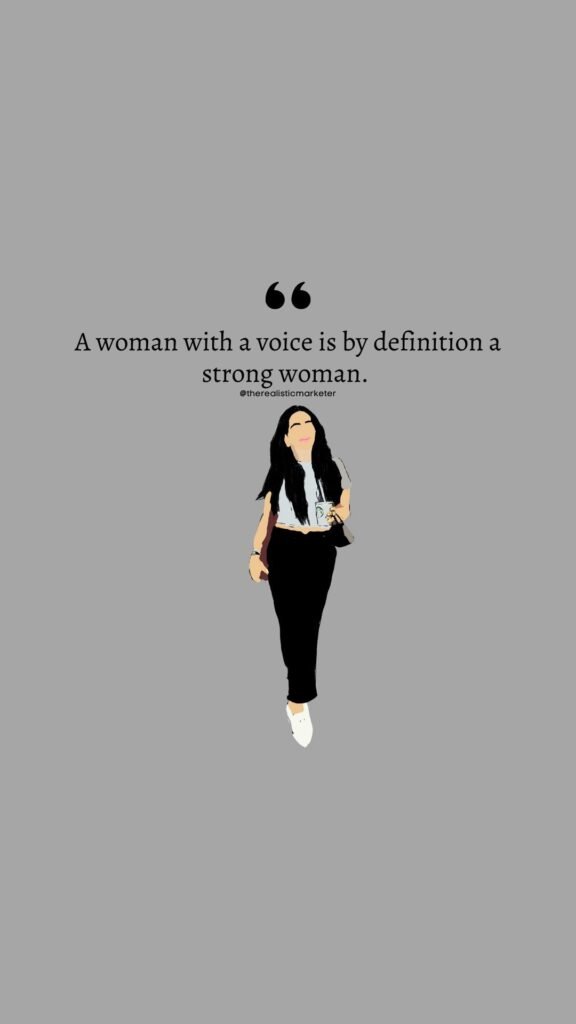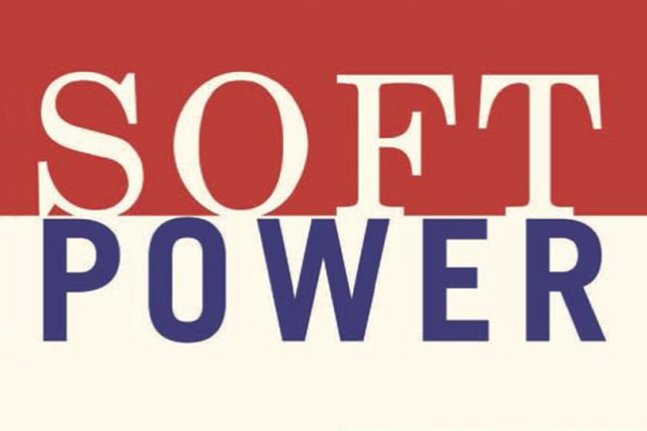Here’s a full-length article you can publish on your platform TheWoman.in under empowerment or voices:
Soft Power, Strong Voice: How Indian Women Are Leading Without Yelling
In a world that often equates leadership with loudness, Indian women are rewriting the rules. They’re proving that power doesn’t have to roar—it can flow, persuade, and uplift. This is the age of soft power, and Indian women are owning it with grace, resilience, and fierce quietude.
What Is Soft Power, Really?
Soft power isn’t about being timid—it’s about influencing through empathy, collaboration, and clarity. It’s the art of listening, the strength in nurturing, and the ability to lead with emotional intelligence rather than intimidation.
In Indian workplaces, homes, and public life, women are increasingly choosing soft power over showmanship, and it’s delivering remarkable results.
From Boardrooms to Classrooms
Take Nirmala Sitharaman, India’s finance minister. Calm, composed, and concise—she handles the weight of a trillion-dollar economy without raising her voice. Then there’s Faye D’Souza, a journalist who doesn’t need theatrics to hold her ground—her voice is firm, factual, and fearless.
Whether it’s Kiran Mazumdar-Shaw building biotech empires or Guneet Monga taking Indian cinema global, these women are leading not by commanding fear, but by commanding respect.
The Cultural Shift in Leadership
For too long, women were told to “man up” to lead—talk louder, act tougher, be more aggressive. But that narrative is shifting.
Young Indian women today are embracing leadership styles rooted in:
- Compassion over coercion
- Listening over lecturing
- Inclusion over intimidation
They’re mentoring instead of managing. They’re building communities, not just companies. And they’re leading with stories, not just stats.
Quiet Strength at Home
Leadership isn’t only about titles or positions. Indian mothers, sisters, grandmothers—women at home—have always embodied quiet strength. They make strategic decisions about education, finances, and traditions, often without formal acknowledgment.
The shift now is recognizing and respecting that leadership, and translating it to professional and public spaces.
Why Soft Power Works
Studies show that emotional intelligence, empathy, and collaboration drive better business results. Women leaders often rank higher on these traits—and now, instead of downplaying them, they’re celebrating them.
Soft power:
- Builds stronger teams
- Encourages innovation
- Fosters psychological safety
- Earns long-term trust
And in an age of burnout, cynicism, and hustle culture, this kind of leadership is not just refreshing—it’s essential.
Leading Without Yelling Is Revolutionary
To lead without yelling in a loud world is a radical act. It’s an act of confidence. It says, “I don’t need to shout to be heard.”
For Indian women, this is about reclaiming voice on their own terms. It’s about:
- Speaking up without conforming
- Creating impact without apology
- Being visible without noise

A Woman with a Voice Is the Definition of a Strong Woman
For centuries, women have been told to be seen and not heard. But that era is fading, and in its place rises a truth too powerful to ignore: a woman with a voice is not just heard—she is unstoppable.
Voice Is More Than Just Words
A voice is not only the sound that fills a room. It is an idea, an identity, a declaration. It’s the courage to speak up in boardrooms, classrooms, courtrooms, and living rooms.
When a woman finds her voice, she reclaims:
- Her right to say no
- Her freedom to dream big
- Her power to challenge norms
- Her space in conversations that once ignored her
It’s not just vocal—it’s visceral.
From Whispers to Roars
Across India, women are moving from whispers of dissent to roars of leadership. From students protesting for equality, to entrepreneurs pitching bold ideas, to mothers demanding justice for their children, voices are rising—and changing everything.
Think of:
- Laxmi Agarwal, acid attack survivor turned activist.
- Rana Ayyub, fearless investigative journalist.
- Sudha Murthy, writer and changemaker with a gentle but profound voice.
- Young girls leading climate marches, speaking for generations to come.
Each one, a reminder: you don’t need to be loud to be powerful—you just need to be heard.
Finding Your Voice Isn’t Easy—But It’s Worth It
For many women, finding their voice is a journey. One that moves through:
- Self-doubt and silence
- Social conditioning
- Fear of being judged or misunderstood
But every time a woman speaks up—whether it’s in a workplace, at a family gathering, or on a public stage—she chips away at those walls.
Her courage opens doors for others.
Your Voice, Your Superpower
You don’t need to be a celebrity or activist to make an impact. Every woman has a story, and every story has power.
- Speaking up about mental health? You might help someone feel less alone.
- Asking for a raise? You might change the culture for the next woman.
- Calling out injustice? You might rewrite history.
Your voice matters.
Your truth matters.
You matter.
Because Silence Is No Longer the Standard
Today’s strong woman is not one who “keeps quiet to keep the peace.” She’s the one who knows that her voice is peace, because truth brings clarity, healing, and strength.
She doesn’t shrink herself.
She doesn’t wait for permission.
She knows that her voice can shape the world—and she uses it

